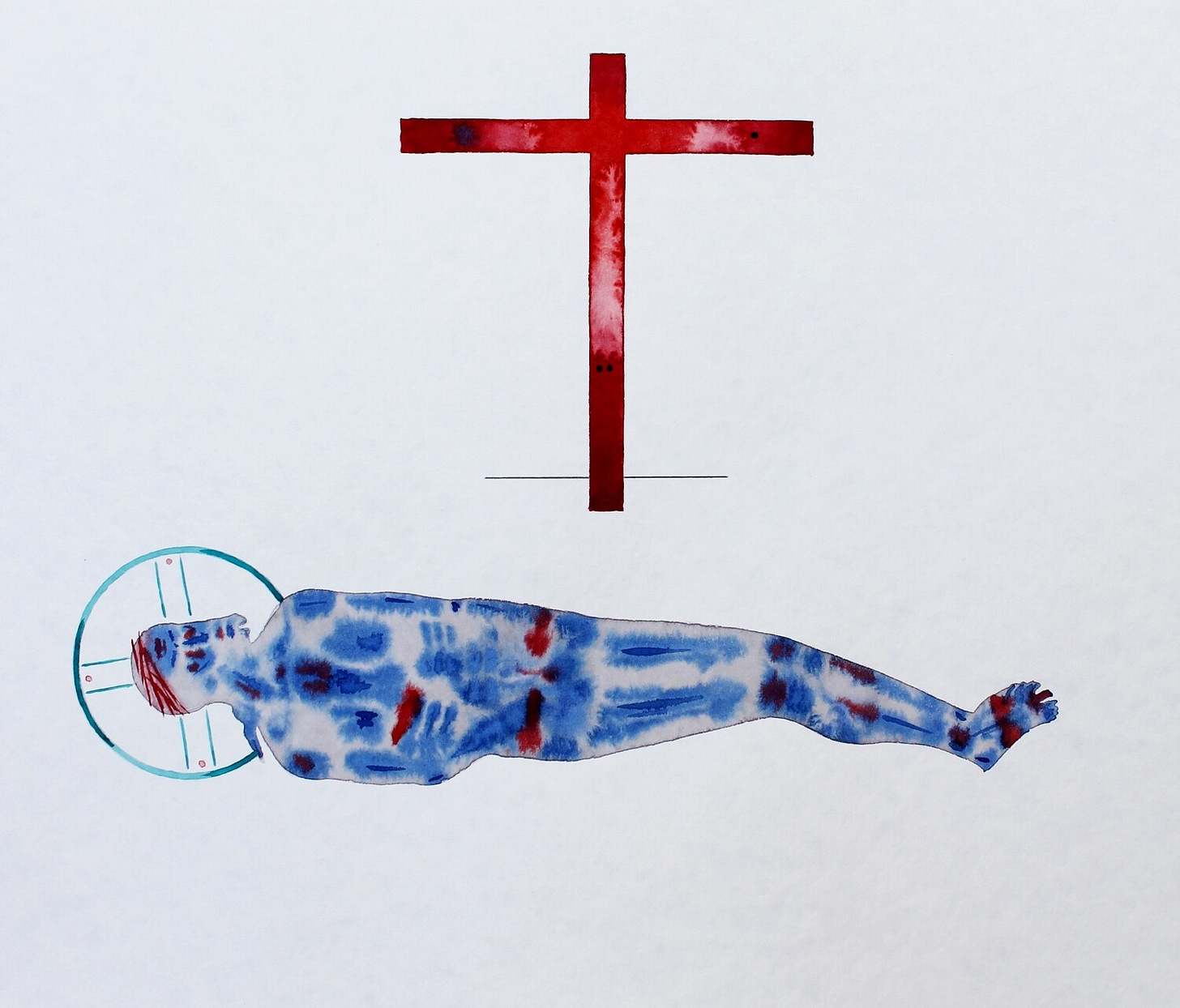Forgivness Transforms
The cross of Christ demonstrates the gravity of sin and the lengths to which God is willing to go to forgive and redeem humanity.
I’m spending the summer preaching from Romans. On preaching in Romans, Fleming Rutledge writes, “Unlike the Gospels which are specifically designed to be preached in units, Romans requires line-by-line, if not indeed phrase-by-phrase, exposition so that it is hardly possible to preach a sermon from Romans that is complete itself.” I have left a lot of sermon material on the cutting room floor. I hope in sharing these thoughts and notes, I can begin to further unpack the amazing grace of God laced throughout Paul’s words.
Forgiveness is a powerful and transformative aspect of the human experience. In the Church, God's forgiveness takes on a unique and profound dimension, rooted in the person and work of Jesus Christ on the cross.
The apostle Paul's letter to the Romans provides deep insights into the nature of God's forgiveness. Romans 8 showcases the richness of divine grace and redemption. The chapter begins with the assurance that there is "no condemnation for those who are in Christ Jesus" (Romans 8:1). This profound statement sets the stage for understanding the radical nature of God's forgiveness.
Paul further expounds on the implications of God's forgiveness, emphasizing that through Christ's sacrifice on the cross, believers have been set free from the law of sin and death (Romans 8:2). In Christ, the burden of guilt is lifted, and the separation between God and humanity is bridged. God's forgiveness in Romans 8 is not a mere legal transaction but a transformative act that reshapes our relationship with the Divine.
In two verses, Paul makes clear that we do not have to worry about condemnation because of the faithfulness and grace of Christ.
Robert Capon delves deeply into the concept of forgiveness, emphasizing its radical nature. Capon emphasizes that God's forgiveness is not based on human merit or effort but is rather a gratuitous gift offered by God's boundless love. In his book Between Noon and Three, Capon beautifully illustrates the nature of divine forgiveness by drawing a parallel to the parable of the prodigal son.
Capon emphasizes that God's forgiveness does not hinge on the prodigal son's repentance or good behavior but is freely given upon the father's embrace. Similarly, God's forgiveness is not contingent upon our actions but is a lavish expression of grace poured out on those who turn to Him. The cross becomes the ultimate demonstration of this radical forgiveness, where Christ bore our sins and reconciled us to God.
Whenever we talk about the faithfulness of Christ and the grace of God, we cannot ignore the work of Fleming Rutledge. In her book The Crucifixion, Rutledge emphasizes that the cross represents a cosmic event with profound implications for humanity's reconciliation with God. The crucifixion of Jesus is not merely a moral example or an act of divine satisfaction but a multifaceted act of God's justice, love, and forgiveness.
Rutledge argues that the cross exemplifies God's refusal to overlook or trivialize human sin. Instead, the cross of Christ demonstrates the gravity of sin and the lengths to which God is willing to go to forgive and redeem humanity. The cross embodies the confluence of divine love and justice as Christ takes upon Himself the consequences of our sin, opening the way for reconciliation with God.
The cross of Christ stands at the heart of God's forgiveness. The cross is not only a symbol of suffering but a powerful testament to God's unfathomable love and willingness to forgive.
In the death of Jesus on the cross, we witness the intersection of divine holiness and human brokenness. God's forgiveness is not an act of overlooking sin but a profound transformation that culminates in the cross. It is the divine exchange where Christ takes upon Himself the guilt and shame of humanity while offering us righteousness and reconciliation with the Father.
The cross is the ultimate expression of God's love and justice, where divine forgiveness and human reconciliation intersect. God's forgiveness is not a distant concept but a living reality, made manifest through the cross, enabling us to embrace the depth of God's grace and mercy.









